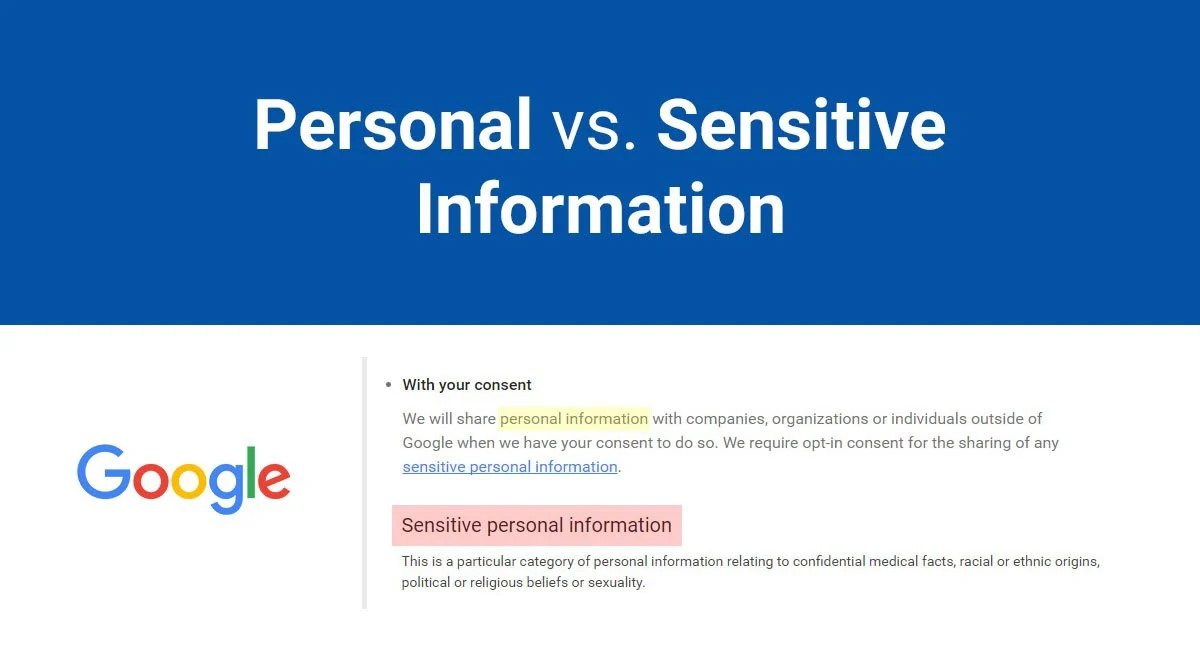Privacy is one of the most important aspects in our lives. It’s what makes us who we are, and not just that but it also gives each individual the opportunity to explore their own identity without fear or judgement. Sensitive information is when your personal data can be used against you by a hacker, a company, or anyone else with malicious intent to steal your data or do harm to you. In this post I’m going to go over 10 things that aren’t considered sensitive information and why they’re not considered sensitive information.
List of sensitive informations
Your name-
If someone has your full name then they have all their needs for finding more about you done right there on Google. You can easily change any other details about yourself if it becomes necessary so this
How to Protect your Social Security Numbers.
With the recent cyber-attacks on Equifax and Yahoo, it is imperative that you take precautions to protect your personal information. The first step in protecting yourself from identity theft is knowing what social security numbers can be obtained by hackers. Social Security Numbers are used for everything from bank accounts to employment verification. This article will discuss how to protect your social security number using various methods such as physical proximity, passwords, and data encryption.
Credit card numbers
Most people know that their credit card information is stored in the magnetic strip on the back of your card. But did you know about other ways it can be stolen? With today’s technology, hackers are able to find out all sorts of information about you by just accessing your social media profile or even through public records! It’s important to make sure you protect yourself and your family with these 6 steps:
1) Don’t give out too much personal information online
2) Use a password manager like LastPass or 1Password for storing all passwords securely
3) Sign up for an identity theft protection service like LifeLock which will alert you if there is suspicious activity happening with any part of your life (i.e)
Bank Account Information
If you have ever seen a movie about hackers, they will most likely be typing away on their computer with the code to your bank account in one window and another window open for monitoring their work. This is not something that happens in real life, but it’s important to take protection seriously. There are many ways to protect your bank account information online, including changing passwords frequently and using two-factor authentication. Not everyone knows how to do these things though so I’ll go over some of the basics here.
Birth Date
Do you know your birthday? If not, you’re not alone. Some people don’t know theirs and some just choose to forget. Birthdays are usually a time of celebration, but they can also be dangerous for those whose date may attract unwanted attention from others. Protecting your birth date is crucial in these scenarios so that it cannot be used against you or by someone else to track down information about yourself.
Medical Records
Phone Number
Personal Email Address
A lot of people are not aware that their personal email is susceptible to fraud by hackers. This article will show you how to protect your personal email so you can avoid being a victim of this crime.
are many ways in which hackers can gain access to your private emails, the most common being through phishing scams and social engineering. Phishing scams usually involve an email informing you that there has been unusual activity on your account and asking for you to click on a link or download an attachment containing malware, or even just giving away credit card information without knowing it. Social Engineering could be as simple as someone calling up claiming they’re from Microsoft Tech Support who needs remote access to fix the problem.
Passwords
How to Protect your Passwords is a list of tips on how you can protect your passwords. These are helpful hints for anyone who shares their computer with someone else, has an easy-to-guess password or doesn’t want to deal with the hassle that comes with changing it every few months. Tips include: change your password often, use multiples words numbers and special characters in each word, never share your passwords with anyone else and don’t write them down anywhere!
Home address
We are all aware of the dangers that come with living in our society. From being robbed while you sleep to being attacked on your daily commute, it is important to do everything possible to protect yourself and your family. One way you can do this is by keeping your home address off the internet for safety reasons.
There are many ways one might find their home address online, but there are some simple steps that will help keep it private if they want it to be. For starters, make sure you have a strong password on any website where you enter personal information like email addresses or social media sites like Facebook or Twitter. This doesn’t guarantee security since hackers know how to get around these things, but it does make them more difficult for criminals.
